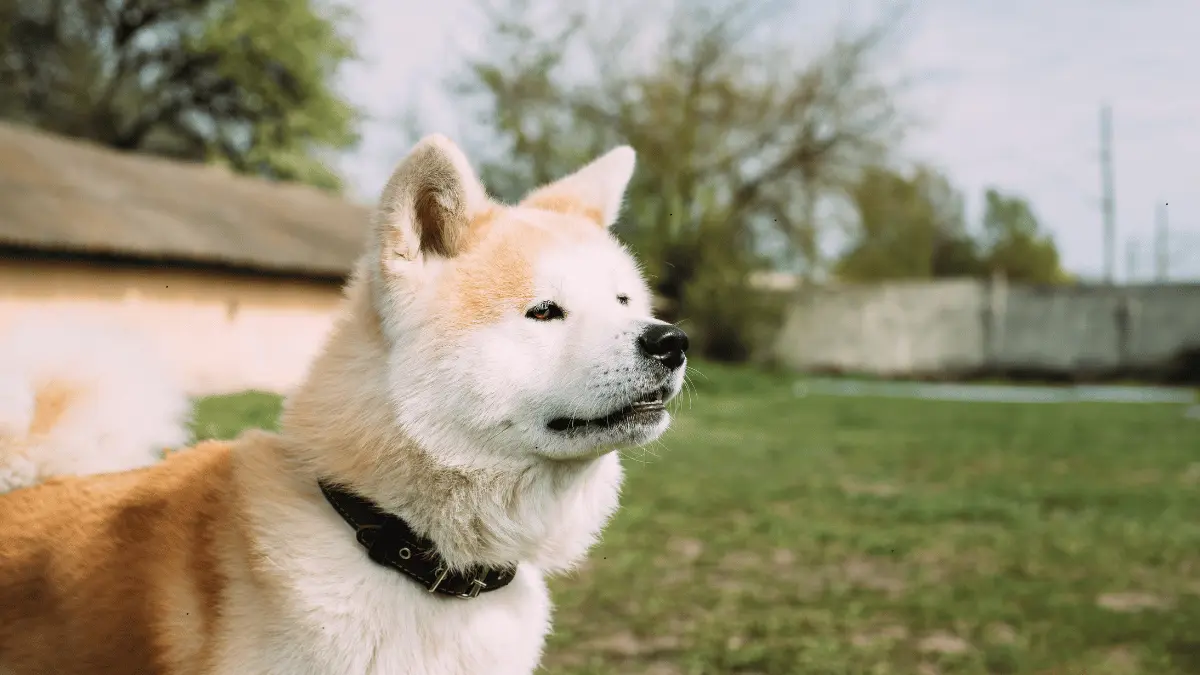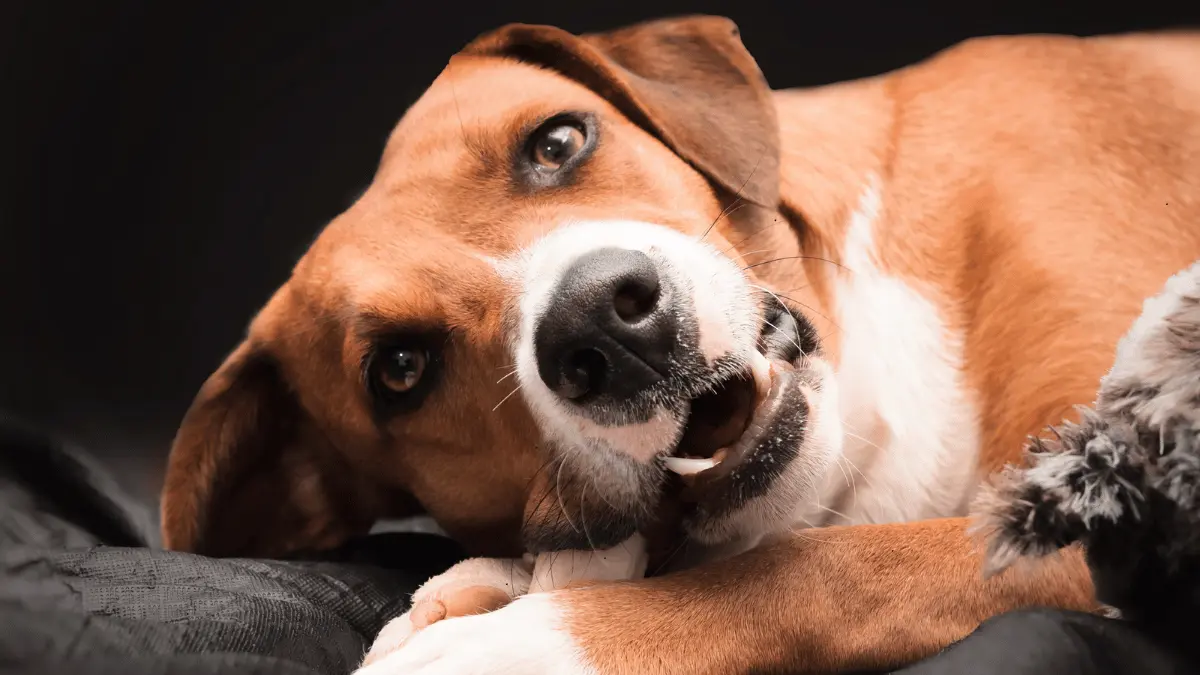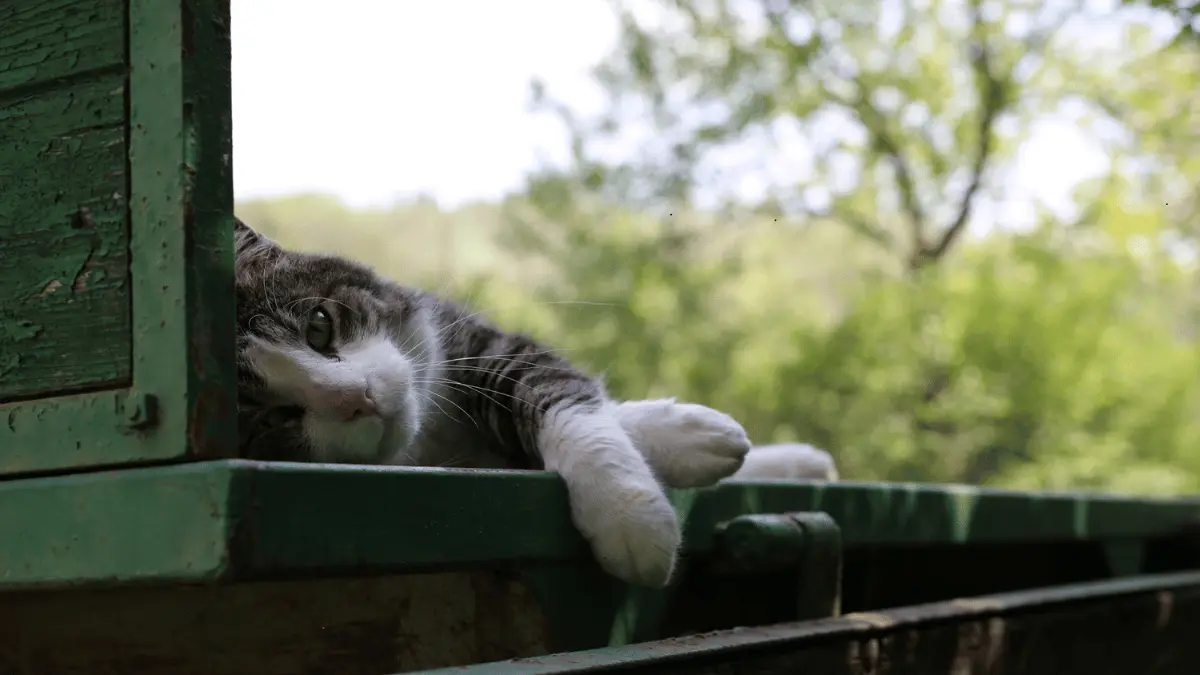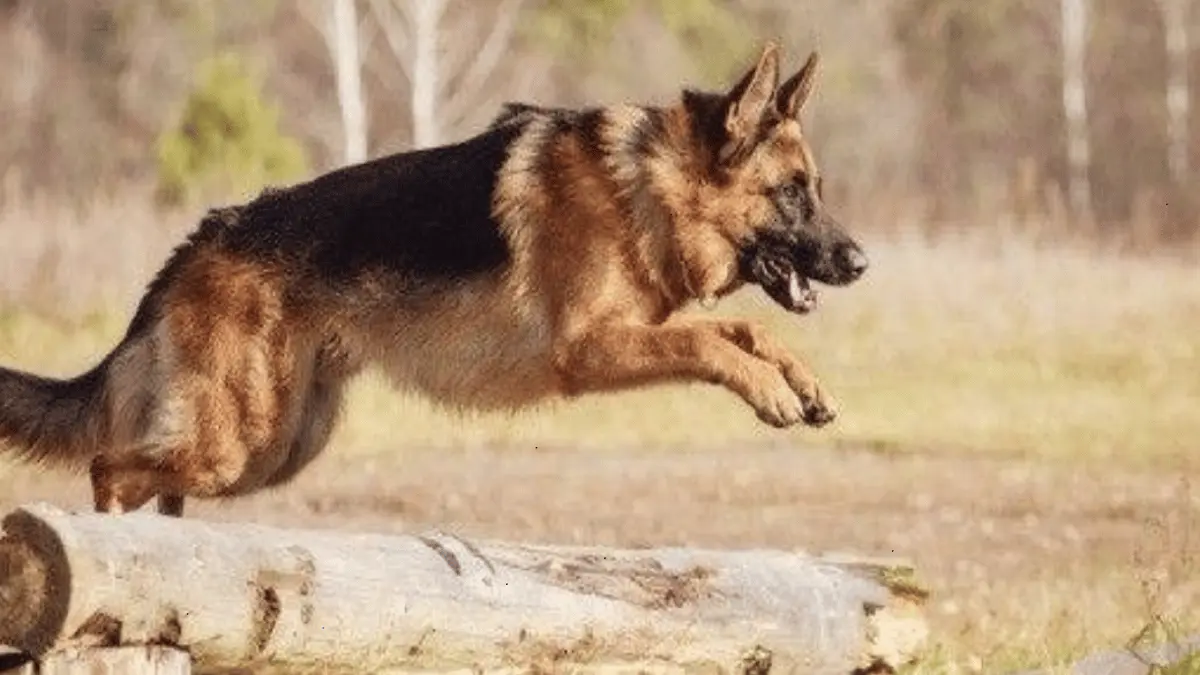Akita Dog Breed Information & Characteristics
Discover the Akita dog breed, known for its loyalty, strength, and protective nature. Explore care tips, characteristics, and breed info.
The Akita dog breed, with its majestic appearance and noble demeanor, has captured the hearts of many dog enthusiasts worldwide. Known for their loyalty, strength, and protective nature, Akitas make excellent family companions when trained and socialized properly. In this comprehensive guide, we’ll delve into the Akita dog breed, exploring their characteristics, care tips, and the differences between American and Japanese Akitas.
Introduction to the Akita Dog Breed
Akita dogs are a captivating breed known for their impressive size, loyalty, and distinctive appearance. With their thick, double coats and alert expressions, they exude a sense of dignity and strength. Let’s delve into the fascinating world of Akita dogs, exploring their origins, popularity, and unique characteristics.
Origins of Akita Dogs in Japan
The Akita breed traces its roots to Japan, where it has been cherished for centuries. Originally developed as hunting dogs and guardians for samurai families, Akitas have a rich history intertwined with Japanese culture. Their name is derived from Akita Prefecture, a region in northern Japan where the breed first originated.
Akita Dogs: A Majestic Breed with a Noble History
Akita dogs are renowned for their impressive size and powerful build. Males typically weigh between 90 and 130 pounds (41-59 kg), while females weigh between 70 and 110 pounds (32-50 kg). Their thick, double coats are available in various colors, including red, white, sesame (a mix of red and white), and black.
One of the most striking features of Akita dogs is their alert and intelligent expression. Their eyes are often described as “fox-like,” with a piercing gaze that conveys both loyalty and confidence. Akitas are known to be protective of their families and can form strong bonds with their human companions.
Popularity in the U.S. and Worldwide
While Akita dogs have a long history in Japan, they have also gained significant popularity in other parts of the world. In the United States, the Akita breed has become increasingly popular due to its loyal and protective nature. Akitas are often sought after as family pets and working dogs.
Beyond the U.S., Akita dogs have also made a name for themselves in countries such as Canada, the United Kingdom, and Australia. Their distinctive appearance and impressive qualities have captivated dog enthusiasts around the globe.
Akita dogs are a majestic breed with a rich history and loyal temperament. Their origins in Japan, combined with their impressive size and protective nature, have made them popular companions worldwide. If you’re considering adding an Akita to your family, be prepared for a loyal and devoted companion.
Keywords: Akita dog breed, Akita origins, Akita popularity, Akita characteristics, Akita temperament, Japanese dog breeds, loyal dog breeds, protective dog breeds.
American Akita vs. Japanese Akita: Key Differences
Akitas, known for their majestic appearance and loyal nature, have captured the hearts of many dog enthusiasts worldwide. While both American and Japanese Akitas share a common ancestry, there are distinct differences in their physical attributes and personality traits. This article will delve into the key differences between these two breeds, helping you determine which one is the best fit for your lifestyle.
Physical Differences
- Size: American Akitas are generally larger than their Japanese counterparts. They tend to have a more massive build with a broader head and chest.
- Coat color: Both breeds come in a variety of colors, but Japanese Akitas typically have a more limited color palette, often featuring white, red, or sesame. American Akitas have a wider range of color options, including black, brindle, and pinto.
- Facial features: Japanese Akitas have a more fox-like appearance, with a narrower muzzle and pointed ears. American Akitas have a more bear-like appearance, with a broader muzzle and larger ears.
Personality Traits
- Temperament: Both American and Japanese Akitas are known for their loyalty, intelligence, and protective nature. However, there are some subtle differences in their temperament. Japanese Akitas are often described as being more reserved and independent, while American Akitas are generally more outgoing and affectionate.
- Training: Both breeds can be trained with patience and consistency. However, Japanese Akitas may be more sensitive to harsh training methods and may require a gentler approach.
- Socialization: Early socialization is crucial for both breeds to ensure they are well-adjusted and friendly with other dogs and people.
Choosing the Right Akita for Your Lifestyle
When deciding between an American or Japanese Akita, it’s essential to consider your lifestyle and preferences. If you’re looking for a larger, more outgoing companion, an American Akita might be a better fit. If you prefer a smaller, more independent dog, a Japanese Akita could be the ideal choice.
Both American and Japanese Akitas are remarkable breeds with unique qualities. The best Akita for you will depend on your individual needs and preferences. By understanding the key differences between these two breeds, you can make an informed decision and find the perfect canine companion to share your life with.
Keywords: American Akita, Japanese Akita, dog breed comparison, physical differences, personality traits, Akita temperament, Akita training, Akita socialization, dog adoption, pet ownership.
Akita Temperament and Personality
Akitas are known for their majestic appearance and loyal nature, making them a popular choice for many dog enthusiasts. Their strong bond with their families, protective instincts, and impressive intelligence make them exceptional companions. In this article, we will delve into the Akita’s temperament and personality, providing insights into their compatibility with children and other pets, as well as essential training tips.
Loyalty and Strong Bond with Family
Akitas are renowned for their unwavering loyalty and deep connection with their families. They form strong bonds with their human companions and are known to be fiercely protective of them. Akitas thrive in loving, stable homes where they can feel a sense of belonging.
Protective Nature and Guarding Instincts
Akitas possess a natural instinct to guard their families and territory. This protective nature can be a valuable asset, but it is essential to provide proper socialization and training to ensure their behavior remains under control. Akitas can be territorial, so early socialization is crucial to prevent excessive guarding or aggression.
Compatibility with Children and Other Pets
While Akitas can be excellent family dogs, early socialization and supervision are essential for their interactions with children. They are typically gentle and protective of children, but accidental injuries can occur if not handled with care. Akitas can also coexist with other pets, such as cats, if introduced gradually and under supervision.
Training Tips for Managing Their Temperament
- Early Socialization: Expose your Akita to various people, dogs, and environments from a young age to help them develop a friendly and well-adjusted personality.
- Positive Reinforcement: Use positive reinforcement techniques, such as treats and praise, to reward desired behaviors. Avoid harsh punishments, as they can damage your Akita’s trust and confidence.
- Consistent Training: Consistency is key in training an Akita. Establish clear rules and boundaries, and be patient and persistent.
- Professional Training: Consider professional training if you encounter challenges or need additional guidance in managing your Akita’s behavior.
Akitas are loyal, protective, and intelligent companions. Their strong bond with their families and impressive guarding instincts make them excellent watchdogs. However, early socialization and proper training are essential to ensure their behavior remains positive and well-adjusted. With the right care and attention, Akitas can be wonderful additions to any family.
Keywords: Akita temperament, Akita personality, Akita loyalty, Akita protective nature, Akita training, Akita socialization, Akita family dog, Akita compatibility with children, Akita compatibility with pets.
Akita Dog Care & Maintenance
Grooming Needs
Akitas are known for their beautiful, thick coats. However, their grooming needs can be somewhat demanding.
- Coat care and shedding: Akitas have a double coat that sheds heavily twice a year. Regular brushing will help to remove loose hair and prevent mats. Invest in a high-quality brush designed for double-coated breeds.
- Bathing and hygiene tips: While Akitas don’t require frequent bathing, it’s important to keep their ears clean and check their nails regularly. Use a gentle shampoo formulated for dogs and avoid excessive bathing, which can strip their coat of natural oils.
Nutrition Requirements
A well-balanced diet is essential for an Akita’s health and well-being.
- Best diet for Akitas: Opt for a high-quality dog food that is formulated for large breed dogs. Look for a diet that is rich in protein and contains essential nutrients.
- Portion sizes and feeding schedule: The amount of food your Akita needs will depend on their age, size, and activity level. Consult with your veterinarian to determine the appropriate portion sizes and feeding schedule.
Exercise Requirements
Akitas are active dogs that require regular exercise to stay healthy and happy.
- Daily activity levels: Aim for at least 30-60 minutes of daily exercise. This can include walks, runs, or playtime in a fenced yard.
- Best exercises for Akitas: Akitas enjoy activities that stimulate both their physical and mental abilities. Consider training sessions, agility training, or tracking exercises.
Akitas are loyal, protective, and intelligent companions. However, they require dedicated care and attention to thrive. By providing proper grooming, nutrition, and exercise, you can ensure your Akita lives a long and healthy life.
Keywords: Akita dog care, Akita grooming, Akita nutrition, Akita exercise, Akita coat care, Akita shedding, Akita bathing, Akita diet, Akita portion sizes, Akita feeding schedule, Akita activity level, Akita exercise ideas, Akita training.
Akita Health & Lifespan
Akitas are renowned for their loyalty, intelligence, and majestic appearance. However, like any dog breed, they are prone to certain health issues. Understanding these conditions and taking proactive steps for preventive care can significantly improve your Akita’s quality of life and longevity.
Common Health Issues in Akitas
While Akitas are generally healthy dogs, they are predisposed to a few specific health conditions:
- Hip Dysplasia: This is a hereditary condition affecting the hip joint. It can cause pain, lameness, and arthritis.
- Von Willebrand Disease: A bleeding disorder that can lead to excessive bleeding after surgery or injury.
- Progressive Retinal Atrophy (PRA): A hereditary eye disease that causes gradual vision loss.
- Hypothyroidism: An underactive thyroid gland can lead to weight gain, lethargy, and other symptoms.
- Gastric Dilatation-Volvulus (GDV): A potentially life-threatening condition where the stomach twists and bloats, cutting off blood flow.
Preventive Care and Vet Check-ups
Regular veterinary check-ups are crucial for maintaining your Akita’s health. Here are some preventive care measures to consider:
- Vaccinations: Ensure your Akita is up-to-date on all recommended vaccinations.
- Heartworm Prevention: Protect your Akita from heartworms, a serious parasitic disease.
- Dental Care: Regular dental cleanings and home care can prevent dental problems.
- Joint Health Supplements: If your Akita is prone to joint issues, consider supplements to support joint health.
- Genetic Testing: Genetic testing can help identify carriers of hereditary diseases.
Average Lifespan and Factors Affecting Longevity
The average lifespan of an Akita is around 10-12 years. However, with proper care, some Akitas can live longer. Several factors can influence their lifespan:
- Genetics: Hereditary health conditions can shorten a dog’s lifespan.
- Diet: A balanced and nutritious diet is essential for overall health.
- Exercise: Regular exercise helps maintain a healthy weight and promotes joint health.
- Environment: A safe and stimulating environment can contribute to a dog’s well-being.
- Veterinary Care: Consistent veterinary care is crucial for early detection and treatment of health problems.
By understanding the common health issues affecting Akitas and implementing preventive care measures, you can significantly improve your dog’s quality of life and longevity. Regular veterinary check-ups, a balanced diet, exercise, and genetic testing are essential components of Akita health care.
Keywords: Akita health, Akita lifespan, Akita health issues, Akita preventive care, Akita vet check-ups, hip dysplasia, Von Willebrand Disease, Progressive Retinal Atrophy, hypothyroidism, Gastric Dilatation-Volvulus, Akita genetic testing, Akita diet, Akita exercise, Akita veterinary care.
Akita Dog Cost – What to Expect
Akita dogs are known for their majestic appearance, loyalty, and independent nature. If you’re considering adding one to your family, it’s essential to understand the associated costs. This guide will provide you with a detailed breakdown of Akita puppy prices, ongoing expenses, and additional considerations.
Akita Puppy Prices
The cost of an Akita puppy can vary significantly depending on several factors:
- Breed: American Akitas are generally more affordable than Japanese Akitas.
- Lineage: Puppies from champion bloodlines or with specific certifications will typically be more expensive.
- Breeder: Reputable breeders who prioritize health and temperament testing often charge higher fees.
- Location: Prices can differ based on your geographical location and the demand for Akitas in your area.
On average:
- American Akita puppy: $1,000 – $2,500
- Japanese Akita puppy: $2,500 – $5,000 or more
Costs of Raising an Akita
Once you bring your Akita home, there will be ongoing expenses to cover their needs:
- Food: High-quality dog food is essential for maintaining your Akita’s health. Expect to spend around $50 – $100 per month on food.
- Health care: Regular veterinary visits, vaccinations, and potential health treatments can add up. Budget for approximately $500 – $1,000 per year for routine care.
- Grooming: Akitas have a double coat that requires regular brushing to prevent matting. Professional grooming sessions may be necessary every 4-6 weeks, costing around $50 – $100 per visit.
Additional Expenses
- Training: Professional training can be beneficial for socializing and teaching your Akita obedience. Expect to pay $50 – $100 per session or more.
- Equipment: You’ll need to invest in basic equipment such as collars, leashes, food and water bowls, and a crate.
- Insurance: Pet insurance can help offset the cost of unexpected medical expenses. Premiums vary depending on your dog’s age, breed, and coverage level.
Owning an Akita is a rewarding experience, but it’s important to be prepared for the financial commitment. By carefully considering the initial puppy cost, ongoing expenses, and potential additional costs, you can make an informed decision about whether an Akita is the right pet for you.
Keywords: Akita dog cost, Akita puppy price, raising an Akita, Akita expenses, Akita health care, Akita grooming, Akita training, Akita equipment, Akita insurance.
Is the Akita the Right Dog for You?
Akitas: Known for their loyalty, intelligence, and majestic appearance, Akitas have captured the hearts of many dog lovers. However, before bringing one into your home, it’s crucial to understand their specific needs and temperament.
Ideal Owner Characteristics
- Strong-willed and patient: Akitas are independent thinkers and can be stubborn at times. A patient owner who can provide firm yet gentle leadership is essential.
- Active and energetic: Akitas require regular exercise and mental stimulation. An active owner who enjoys outdoor activities and can keep up with their energetic pace is ideal.
- Experienced dog owner: Akitas are not suitable for first-time dog owners. Their strong prey drive and independent nature can make them challenging to train without proper experience.
Living Conditions
- House with a yard: Akitas thrive in spacious environments with a secure yard. They have a strong prey drive and need ample space to roam and exercise.
- Apartment: While it’s possible to raise an Akita in an apartment, it’s not ideal. They require regular exercise and mental stimulation, which can be challenging in a confined space.
Compatibility with Families and Active Individuals
- Families: Akitas can be good family dogs, but they require early socialization and training. They are protective of their families and can be fiercely loyal. However, they may not be suitable for households with young children due to their large size and strong prey drive.
- Active individuals: Akitas are excellent companions for active individuals who enjoy outdoor activities. They love to go hiking, running, or swimming.
Akitas are majestic and loyal dogs, but they are not suitable for everyone. If you are a strong-willed, patient, and active individual who can provide a loving and stimulating environment, an Akita may be the perfect companion for you. However, it’s essential to do your research and consider your lifestyle and living situation before bringing an Akita into your home.
Keywords: Akita, dog breed, dog owner, living conditions, family dog, active dog, training, exercise, loyalty, prey drive, independent, strong-willed, patient.
FAQs
Is Akita an aggressive dog?
No, Akitas are not inherently aggressive. While they have a strong protective instinct, they are generally gentle and loyal to their families. However, like any dog breed, their behavior can be influenced by their upbringing, training, and socialization.
Is Akita a good family dog?
Yes, Akitas can make excellent family dogs. They are known for their love and devotion to their families. However, it’s important to provide them with proper training and socialization from a young age to ensure they are well-behaved and comfortable around children and other pets.
Are Akitas high risk dogs?
While Akitas can be high-energy dogs, they are not considered high-risk dogs. They are generally gentle and loyal, but their protective instincts can sometimes lead to misunderstandings. Proper training and socialization are essential to prevent any potential behavioral issues.
What are the negatives of Akita dogs?
Some potential negatives of Akita dogs include their high energy levels, shedding, and independent nature. They require regular exercise and mental stimulation to stay happy and healthy. Additionally, their independent nature can make training a bit challenging at times.
Why are Akitas banned?
Akitas are not banned in most places. However, some cities or states may have specific breed restrictions due to concerns about their size and protective instincts. It’s important to check local regulations before acquiring an Akita.
Is an Akita more aggressive than a pitbull?
There is no definitive answer to this question. Both Akitas and Pitbulls are strong and protective breeds, but their behavior can vary greatly depending on factors such as upbringing, training, and socialization. It’s important to avoid generalizations about any dog breed.
Are Akitas ok with children?
Yes, Akitas can be great with children. However, it’s important to teach children how to interact with dogs respectfully and supervise their interactions. Early socialization is crucial to ensure a positive relationship between Akitas and children.
Will an Akita cuddle?
Yes, Akitas are known for their affectionate nature and love to cuddle with their families. They are often described as “couch potatoes” who enjoy relaxing with their humans.
Why do Akitas lick so much?
Akitas lick for various reasons, including affection, grooming, and stress relief. It’s a natural behavior and is not necessarily a sign of aggression or anxiety.
Will an Akita turn on its owner?
No, Akitas are generally very loyal to their owners. They are unlikely to turn on them, but improper training or socialization can lead to behavioral issues.
Are Akitas known to bite?
While Akitas are not known for biting, like any dog breed, they can bite if they feel threatened or provoked. Proper training and socialization are essential to prevent biting incidents.
Can Akitas be trusted off leash?
Akitas should not be trusted off leash unless they are in a secure, fenced area. They have a strong prey drive and can be easily distracted by scents or sounds.
Will Akita really protect you?
Yes, Akitas are known for their protective instincts. They will defend their families and property if they perceive a threat.
Are Akitas stronger than German Shepherds?
Both Akitas and German Shepherds are strong and powerful breeds. While German Shepherds may have a slight edge in terms of physical strength, both breeds are capable of protecting their families.
Why does my Akita growl at me?
Akitas may growl for various reasons, including fear, anxiety, or as a warning sign. If your Akita is growling, it’s important to address the underlying cause and provide them with appropriate training and socialization.
Why did my Akita bite me?
If your Akita has bitten you, it’s crucial to consult with a professional dog trainer or behaviorist. They can help you understand the reasons behind the bite and develop a plan to prevent future incidents.
What are Akitas afraid of?
Akitas may be afraid of loud noises, strangers, or unfamiliar situations. Early socialization can help them overcome these fears and become more confident and well-adjusted dogs.
The Akita dog breed is a wonderful choice for those seeking a loyal, protective, and independent companion. Their majestic appearance, strong bond with their families, and noble demeanor make them truly special dogs. If you’re considering adding an Akita to your family, be prepared to provide them with the training, socialization, and exercise they need to thrive.
Keywords: akita, american akita, japanese akita, american vs japanese akita, akita temperament, akita dog breed, akita dog cost
Further Reading
- American Kennel Club: Akita Dog Breed Information Link
- Wikipedia: Akita (dog breed) Link
- Dogtime: Akita Dog Breed Information & Characteristics Link
- WebMD: What to Know About Akitas Link
- Hill’s Pet: Akita Dog Breed |Temperament, Personality and Characteristics Traits Link
- Chewy: Akita Dog Breed Link
- Britannica: Akita Dog Link
These resources provide in-depth information about Akitas, from their history and temperament to care requirements and training tips. With proper research and preparation, an Akita can become a cherished and loyal companion for years to come.















